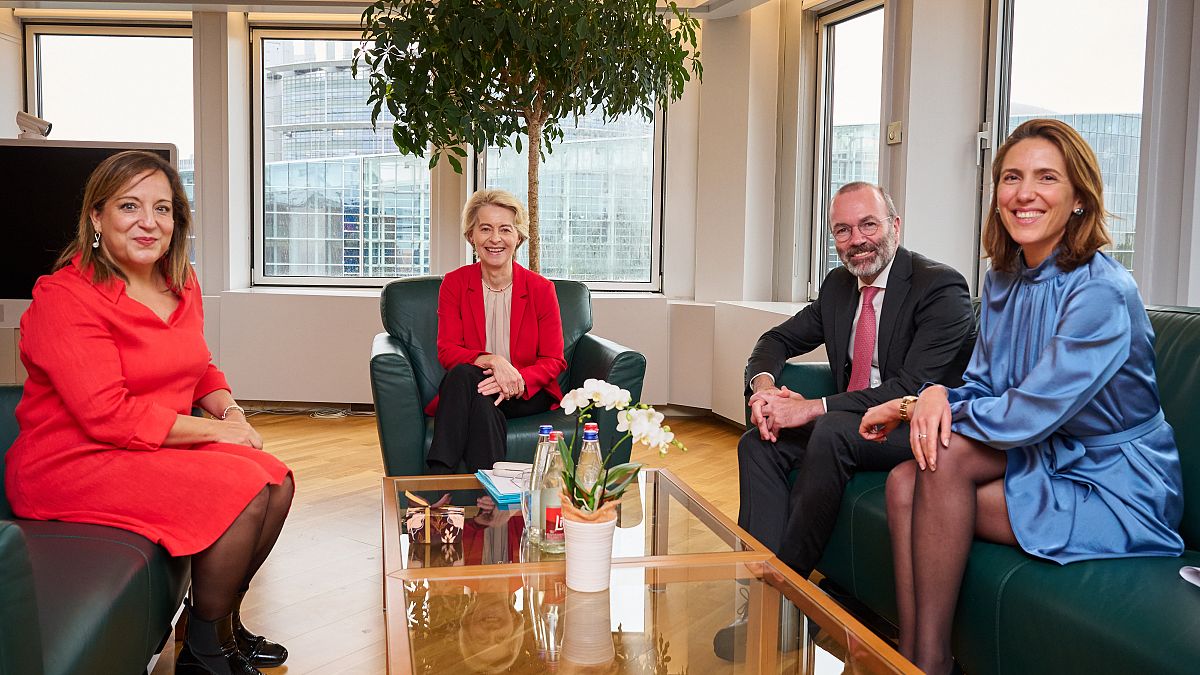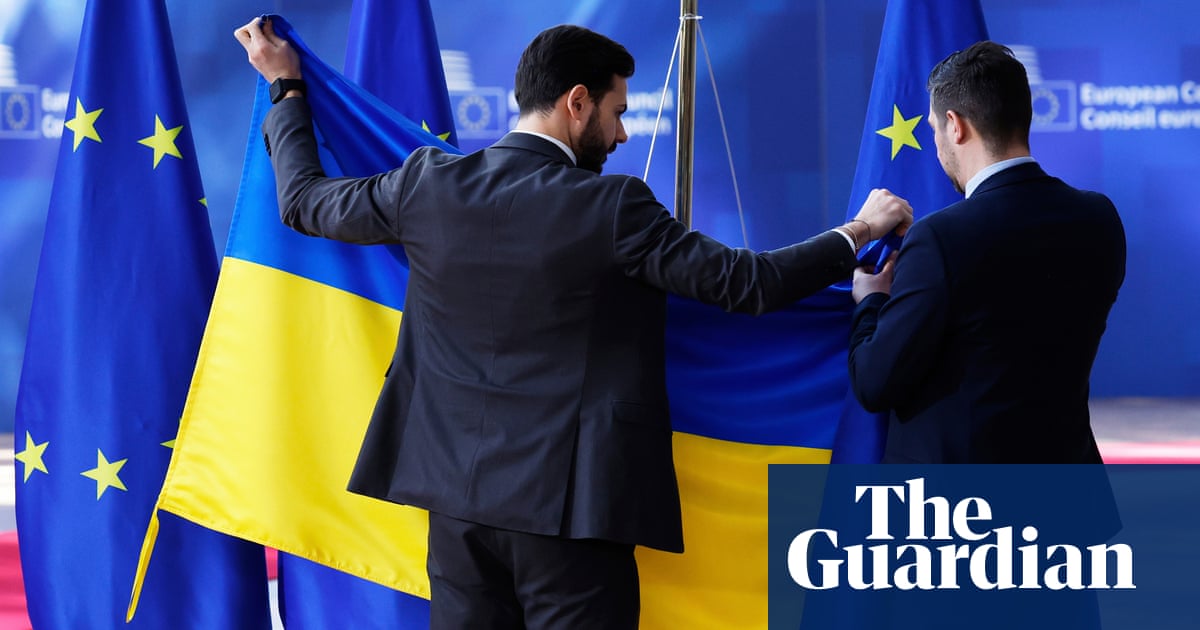Political stand-off delays approval of commissioners in the Parliament

President von der Leyen steps in to broker a deal among major groups and salvage the new Commission.
Political manoeuvring between the key centre-right European People’s Party and the Socialist & Democrats has put the process of agreeing the next European Commission on ice as candidates remain subject to final approvals.
All of the hearings of the candidates has now been staged, and evaluation letters are expected to be published on November 21 with the Parliament expected to vote in the Commission as a whole the following week.
Each candidate needs the support of at least two-thirds of the European Parliament (EP) committee conducting the relevant confirmation hearing. This means the majority of political groups must back each commissioner.
Before the hearings, all political groups in Parliament announced that decisions would be based on the substance of candidates’ answers. However, this has not been entirely the case.
Twenty candidates were approved swiftly after their hearings, while Hungarian candidate Olivér Várhelyi’s confirmation was postponed, requiring him to respond to additional written questions.
Then came the main event: on Tuesday, November 12, the six designated executive vice-presidents were grilled by MEPs. These included Spain’s Teresa Ribera Rodríguez, Romania’s Roxana Mînzatu (Socialists and Democrats), Finland’s Henna Virkkunen (European People’s Party), France’s Stéphane Séjourné, Estonia’s Kaja Kallas (Renew Europe), and Italy’s Raffaele Fitto (European Conservatives and Reformists).
The groups that supported von der Leyen’s Commission in the previous term—the European People’s Party (EPP), the Socialists and Democrats (S&D), and the liberal Renew Europe—agreed to approve the vice-presidents in a “package deal” rather than individually, igniting a political tug-of-war over the composition of the next Commission.
The EPP is withholding its green light for Spain’s Teresa Ribera until she addresses the Spanish Parliament in relation to her role in the deadly Valencia flooding. Ribera, while waiting for confirmation as Commission vice-president, remains Spain’s vice-president in charge of Ecological Transition. This likely means postponing her approval until next week.
The S&D has strongly criticized the EPP’s stance, accusing the group of using Ribera as a “scapegoat” and stating in a press release that “the EPP’s leadership is willing to risk the stability of the European Institutions amid a challenging geopolitical climate.” The socialists have issued their own demand, however, calling for a “pro-European, democratic majority” supporting Ursula von der Leyen, excluding the far-right European Conservatives and Reformists (ECR).
In practice, this could mean stripping ECR’s Raffaele Fitto of his vice-presidency. “We can’t accept him. It would be a risky choice for the future of European institutions,” said Brando Benifei, a prominent Italian Socialist MEP.
The EPP strongly opposes downgrading Fitto to a simple commissioner. The group argues that the Italian candidate deserves the vice-presidency due to Italy’s size and significance, as well as the broader political implications of shifting the Commission further to the right.
European Commission President Ursula von der Leyen intervened to resolve the stalemate on Wednesday, as political negotiations grew tense. She met with the leaders of the three major groups in Brussels: EPP’s Manfred Weber, S&D’s Iratxe García Pérez, and Renew’s Valérie Hayer, but no deal was struck, despite “channels of communication keep open”, as an EP source tells Euronews.
Renew Europe appears more open to reaching a compromise quickly, implicitly criticizing both the EPP and S&D for their ongoing clash. “We denounce and regret the irresponsible behavior of political forces not contributing to a responsible and reliable solution,” said Renew chair Valérie Hayer in a statement before meeting von der Leyen. “We urge the President of the European Commission to take action and responsibility now to overcome this deadlock and build bridges.”
The Greens/EFA, who supported von der Leyen’s candidacy for Commission President in July but have no designated commissioners, also expressed concern over the deadlock and criticized the EPP. “EPP’s leadership is gambling, taking the EU hostage, aligning with the far-right. This is irresponsible,” wrote on X Greens co-chair Terry Reintke.
The outcome of these negotiations could lead to slight adjustments in tasks and titles for some designated commissioners, though the outright rejection of a candidate remains unlikely. In the previous legislature, Parliament rejected three commissioners: France’s Sylvie Goulard, Romania’s Rovana Plumb, and Hungary’s László Trócsányi. Although a similar scenario seems unlikely this time, as one Spanish Socialist remarked of the ongoing negotiations, “Everything is now at stake.”
Related
Zelenskyy reiterates call for air truce after huge Russian attack…
We need Russia to stop attacks, Zelenskyy says, backing calls for truce in air, at seaUkrainian president Volodymyr Zelenskyy has responded to overnight attacks
Europe scrambles to rearm as Trump threatens security guarantees and…
CNN — European leaders have vowed to rearm the continent at historic emergency talks h
Russia launches ‘massive’ attack on Ukraine after Europe rushes to…
Ukraine's energy and gas infrastructure came "under massive missile and drone shelling" by Russia on Friday, a Ukrainian minister said."The energy and gas infra
American severance may be averted, but Europe’s leaders must fear…
With a mixture of regret, laced with incredulity, European leaders gathered in Brussels to marshal their forces for a power struggle not with Russia, but with t












